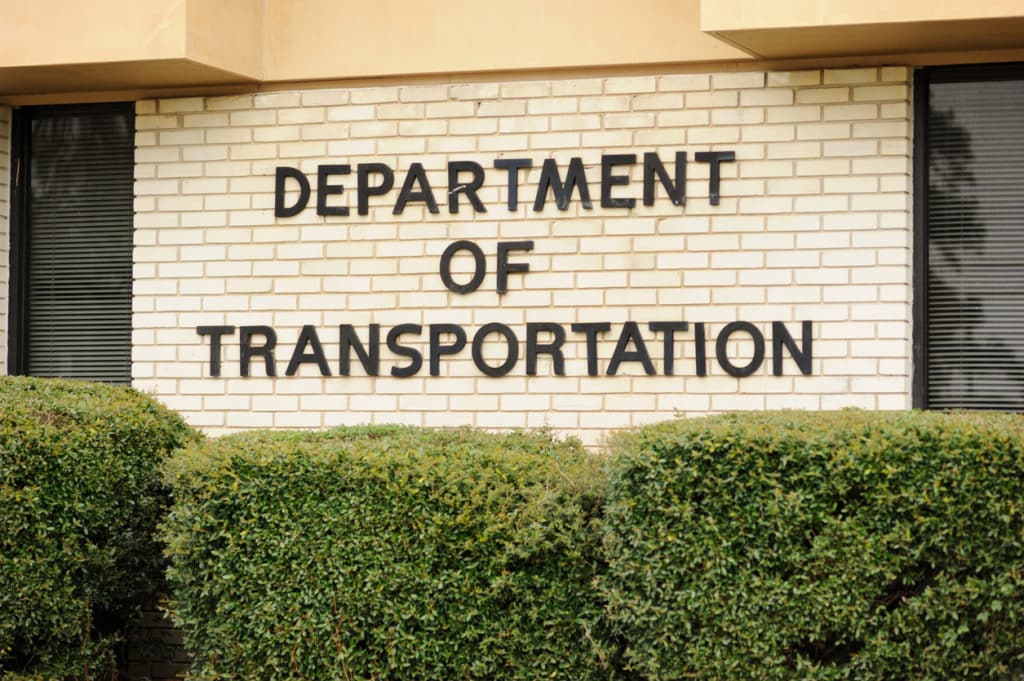Pete Buttigieg, former Mayor of South Bend, Indiana and President Biden’s nomination to be the Secretary of Transportation, has commented widely on the different priorities the Department of Transportation (DOT) would have under his leadership. On January 21, the Senate Commerce, Science and Transportation Committee held a confirmation hearing for Buttigieg. In the over two-hour-long hearing, Buttigieg answered questions on a wide array of topics and made a number of commitments. However, since he was announced as Biden’s nominee in December, Buttigieg has remained silent on DOT’s failure to publish Congressionally-mandated rules enacting a whistleblower program for auto safety whistleblowers.
In December, Whistleblower Network News released an exclusive report detailing how DOT is in violation of a mandatory Congressional requirement to enact rules to protect auto safety whistleblowers. The Fixing America’s Surface Transportation Act (FAST Act), signed into law on January 6, 2015, required DOT to approve and publish regulations setting forth how auto safety whistleblowers can anonymously file safety reports with DOT. The FAST Act also required DOT to approve and publish rules ensuring the full protection of whistleblower confidentiality and the requirements for qualifying for monetary whistleblower rewards. The FAST Act mandated that the DOT approve and publish these regulations on or before July 6, 2016. However, in an August 2020 statement provided to WNN, DOT confirmed that the agency has failed to even publish proposed rules, simply stating that they are “working” on such rules.
“I want you to know if confirmed, I will work every day to make sure the Department meets its mission of ensuring safety, safety for both travelers and for workers and I look forward to working with Congress to do so,” Buttigieg said at his confirmation hearing. “Safety is the foundation of the Department’s mission.” However, as of publication Buttigieg has not publicly commented on the Department’s failure to publish rules for its auto safety whistleblower program and has not committed to ensuring they do so as soon as possible.
When the Motor Vehicle Safety Whistleblower Act (MVSWA), which was included in the FAST Act and contains the provisions establishing the auto safety whistleblower program, passed the Senate in 2015, Senator John Thune (R-SD), a sponsor of the bill, stated ” ‘[t]his bill provides important incentives for whistleblowers in the auto industry to bring safety concerns to the attention of federal regulators when harmful safety defects are not reported. While laws and regulations currently provide certain penalties for unaddressed safety failures, this legislation seeks to help identify and stop problems before anyone is killed or seriously injured.”
At Buttigieg’s confirmation hearing, Senator Thune, a current member and former Chairman of the Committee, did not ask any questions concerning DOT’s failure to publish rules for the whistleblower program.
In the years following the passage of the FAST Act, the National Whistleblower Center (NWC) reached out to DOT on multiple occasions about the publication of rules. The NWC suggested that DOT model their rules off those of the highly successful SEC Whistleblower Program and even provided detailed recommendations for rules.
By failing to publish rules for the auto safety whistleblower reward program, DOT continues to render the MVSWA effectively moot. Without clear rules outlining how whistleblowers can ensure they are fully protected from retaliation and are eligible for rewards, auto manufacturer employees may hesitate to blow the whistle on auto defects. This unnecessarily puts millions of Americans at risk.
Members of President Biden’s transition team for the Department of Transportation did not respond to requests for comment on the matter.
Read:
Watch:
